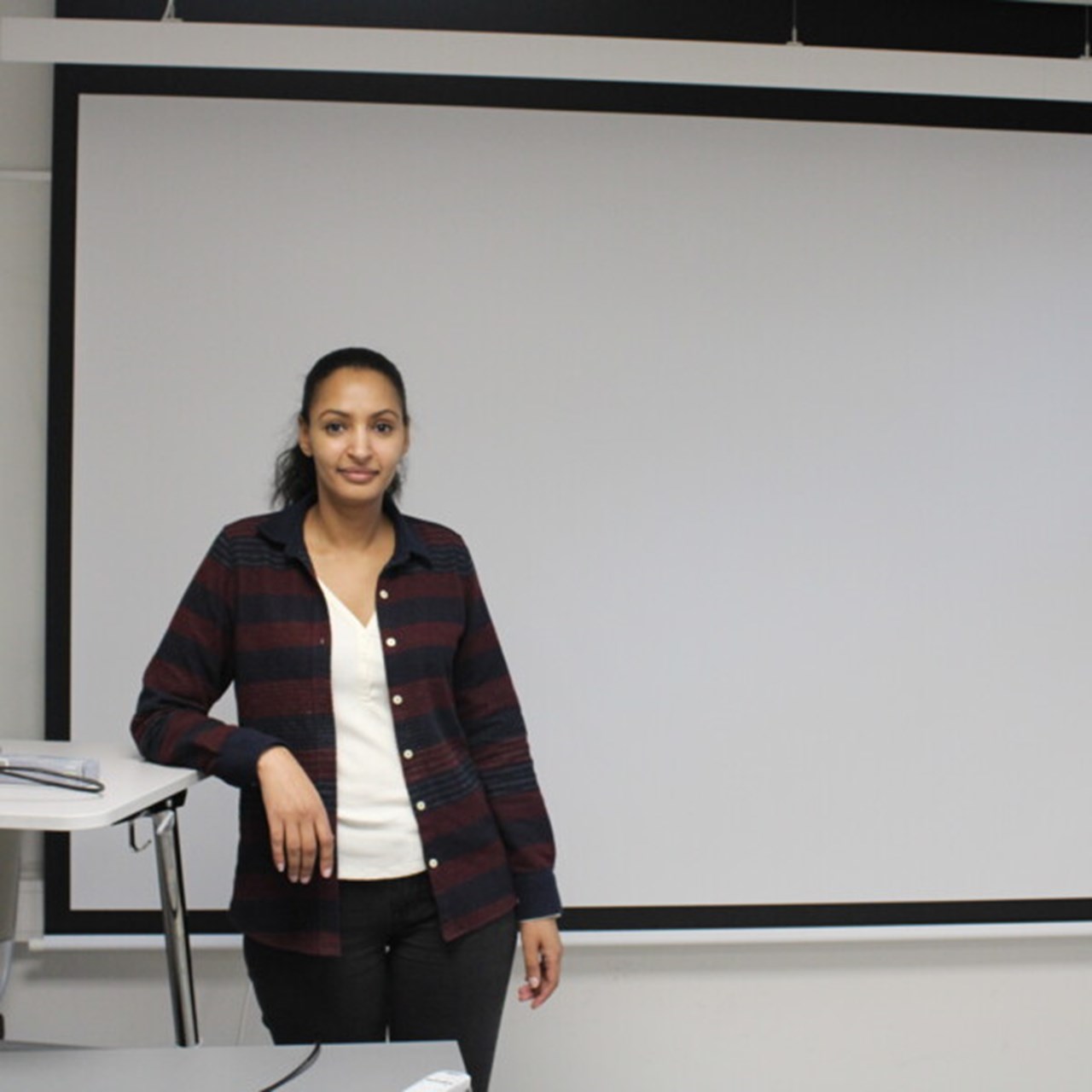Name: Abigail Berta
Age: 36
From: Harar, Ethiopia
Research area: Mathematical Finance and Economics
PhD-student since: December 2022
Academic background: A Bachelor's degree in Finance and Development economics, Addis Ababa University's College of Commerce and a Master’s degree in Financial Engineering at Mälardalen University



